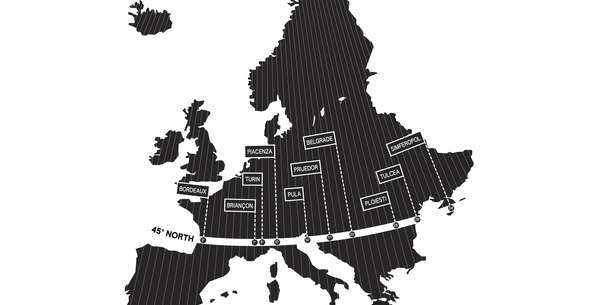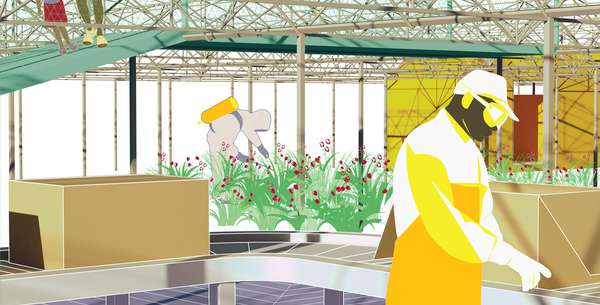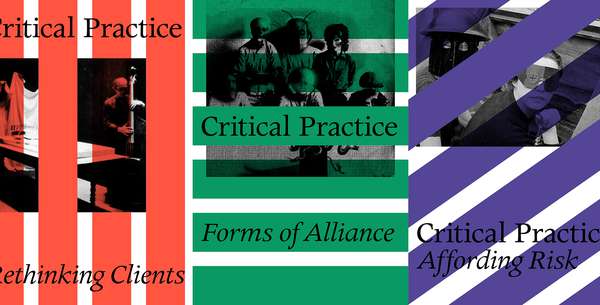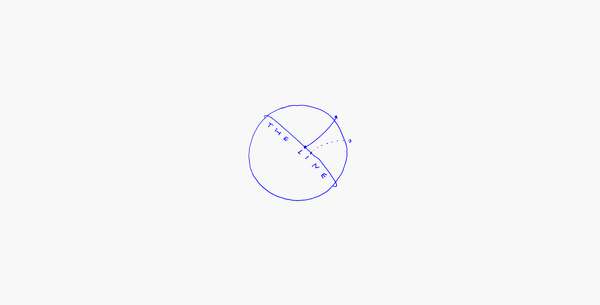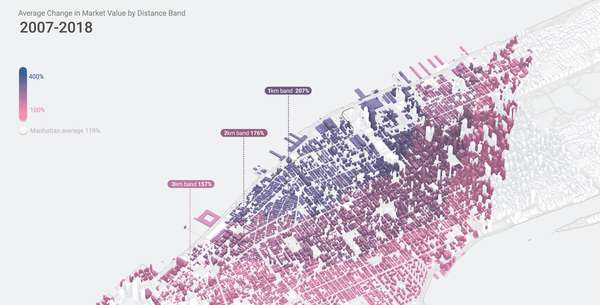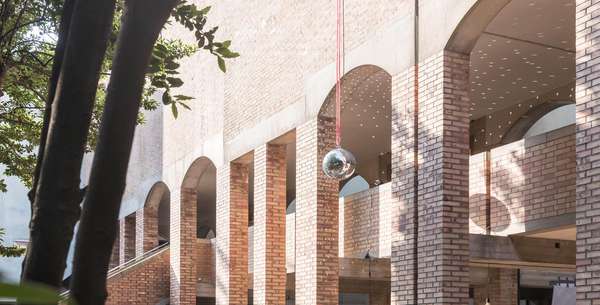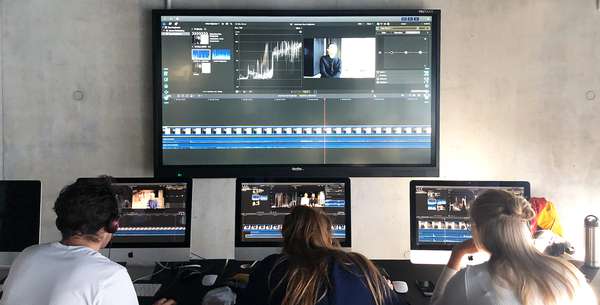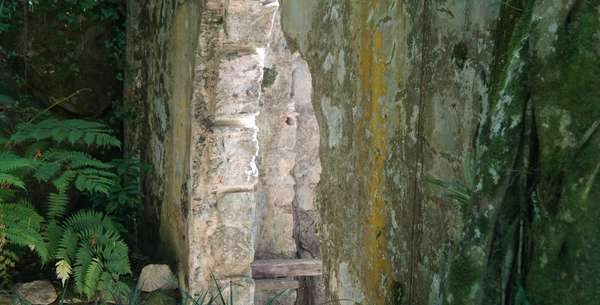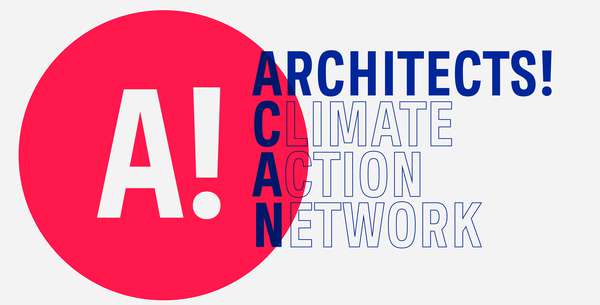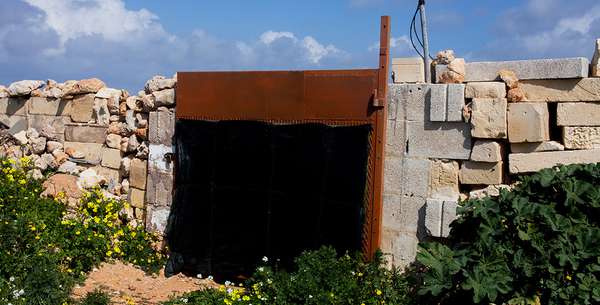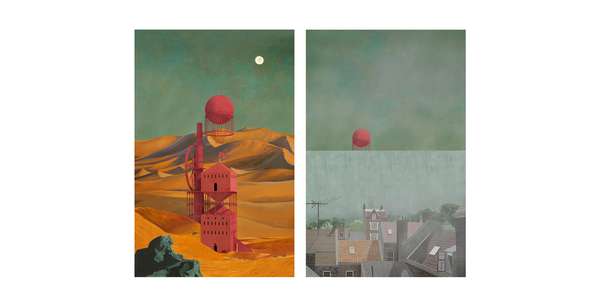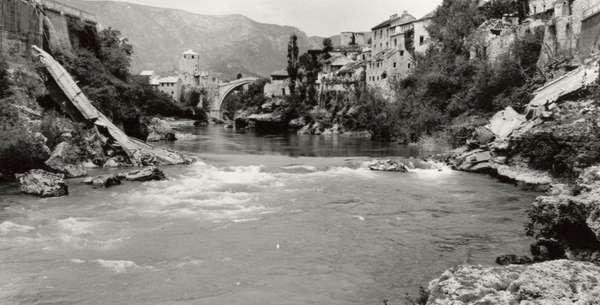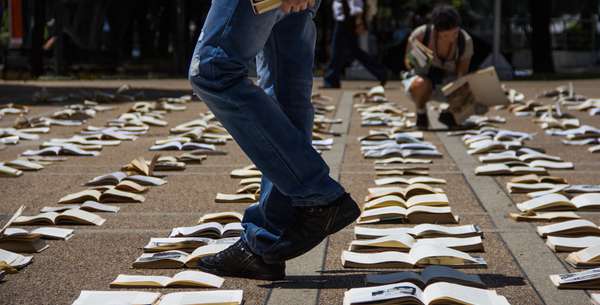Archifutures Volume 6. Agency
A field guide to reclaiming the future of architecture.
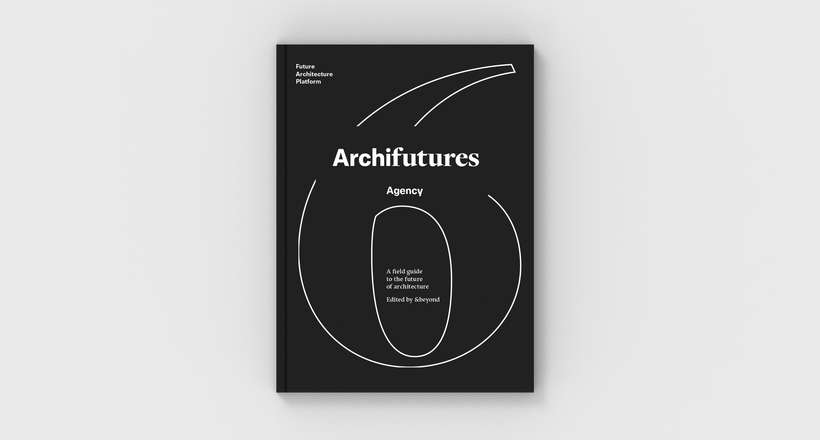
© 2019 dpr-barcelona with &beyond.
Provisional cover Archifutures Volume 6: Agency.
The sixth volume of Archifutures – a publishing project by dpr-barcelona and edited by the &beyond collective – is called Agency: A field guide to reclaiming the future of architecture and will be published in September 2020.
With essays, interviews and projects by young practitioners and experts, Archifutures Volume 6: Agency looks at new narratives and strategies for architects to adapt their practice towards more effective agency in order to meet the greater, more universal challenges that are now upon us.
It has become increasingly obvious as we struggle to shift from extractive economies and practices towards communal regenerative responsibility that politics is no longer optional. There is a common understanding amongst FutureArchitecture platform members, fellows, alumni and applicants that architects and urbanists have a job to do: changing behavior and building bottom-up, commons-oriented practice with new understandings of value and cultural production. And that job is best achieved by sharing not just strategies but also methods and tools – completely openly and freely.
But building an agency is not just about action. To create solid foundations on terra nova, we first need reflection, followed by new narratives that can then progress into action. Agency: A field guide to reclaiming the future of architecture has six chapters with case studies, discussions, essays and strategies to help future (and current) architects, as well as citizens, to consider how they can be better agents for change.
Reflection: There is nothing more important than thinking about the future. The coming generation of architecture professionals is questioning everything: architectural practice, spatial relationships, standard housing models, modes of ownership, the understanding of community, how we do business… in order to understand how best to reclaim the future.
Tables (of power): There is a growing shift in architectural practice away from commodities and a “nostalgia for a position at the table”. Instead, we are asking: do we really want to sit at that table? This section is about commons-oriented strategies, politicization and power. “We need more tables!”
Threads: Anthropogenic straight lines in the land, with their colonial and authoritarian implications, will most likely not belong in a better future, but lines still very much define our present: supply chains, commodity flows, lines of travel, division, connection and occupation. Our thinking and responses need to be non-linear, interconnected, holistic, complex, and more organic.
Ruin: “Ruin” is a term that became fashionable again recently, but now we begin to see it not through a nostalgic aesthetic filter for that lost “place at the table”, but as a “ruin of the planet and the ruin of our bodies”. In this context ruin as process represents the emergence of decay and the positive understanding of the necessity for that part of the cycle.
Storytelling: The “building” has become a by-product of architectural practice. New solutions and new positions are arising that require the construction of new narratives. Part of architectural practice is now also about knocking on doors; canvassing for the future – reaching people with a message of change and activating them – with better stories.
Engage: Young practitioners share strategies for the agency; providing practical support and blueprints for change. Through the transparency of method and results, through the sharing of methodologies and responses, by talking about failure as well as success.
This is a call to action that advocates for long-term engagement, with all that it entails.
Archifutures Volume 6: Agency features the work of 13 emergent creatives from the Future Architecture 2020 Call for Ideas, paired with contributions from established practices related to the topic developed by the editorial team.
Edited by Sophie Lovell, George Kafka, and Fiona Shipwright; graphic design by Diana Portela, &beyond collective.
